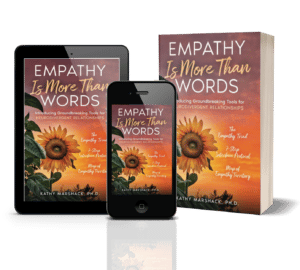
When parents see their children struggling in life because they can’t concentrate, find it hard to sit still, and impulsively say and do things that interfere with their ability to form lasting friendships and do well in school, they desperately want to find a solution to the problem. Many children are put on stimulants such as methylphenidate (Ritalin), dextroamphetamine (Dexedrine or Dextrostat), and pemoline (Cylert), which can dramatically reduce the hyperactivity and improve their ability to focus, work, and learn.
However, do you want to settle for controlling ADD/ADHD symptoms, when it’s possible to create life-long improvements? There is a more effective treatment…
People with ADD see immediate improvement with medication and think that’s good enough. But these medicines won’t cure the disorder. They only temporarily control the symptoms. Although drugs help people pay attention and complete their work, they can’t increase knowledge or improve academic skills. Drugs alone won’t help people improve their self-esteem or cope with problems. The most significant, long-lasting improvements are made when medication is combined with behavioral therapy, emotional counseling, and practical support. Yet according to a September 2014 PsychCentral article, “Just one in four kids get drugs plus psychotherapy.”
Are concerns about how to pay for mental health treatment holding you back from getting help? Then you need to know that a 2008 law, the Paul Wellstone and Pete Domenici Mental Health Parity and Addiction Equity Act (also known as the mental health parity law), requires insurance coverage of services for mental health, behavioral health and substance-use disorders to be comparable to physical health coverage. Read more about the parity law here.
If you live near Portland, OR/Vancouver, WA and your child with ADD/ADHD is not doing as well as he or she could be or you personally are struggling with your ADD/ADHD, please contact my office and schedule an appointment so we can get started on a program to help.
Read more on my website: ADD & ADHD.



